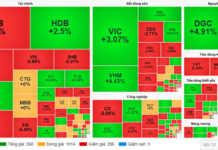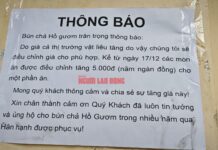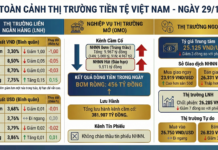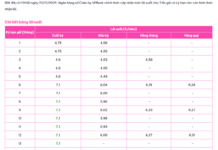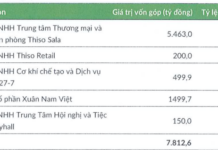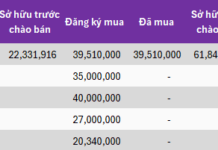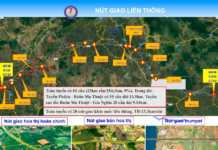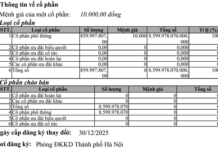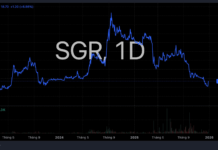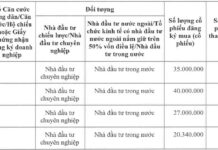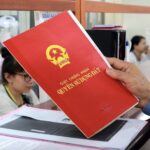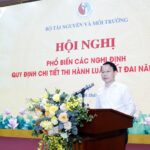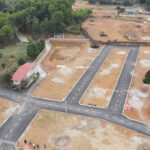Regarding the recent reports of land auction prices soaring far beyond the starting bid, with some abnormal cases, Deputy Minister of Natural Resources and Environment Le Minh Ngan provided insights at the regular Government press conference for August, held on September 7th.
According to Deputy Minister Le Minh Ngan, the Prime Minister has been keenly interested in and vigorously directing the implementation of the Land Law to ensure its practical effectiveness. This includes ensuring its positive impact on socio-economic development, national defense, security, and sustainable environmental protection. A key aspect of this is land pricing and auctioning land use rights.
Following media reports of land auction prices soaring far above the starting bid, with some abnormal cases, the Prime Minister issued Dispatch No. 482. This dispatch instructed the Ministry of Natural Resources and Environment, the Ministry of Justice, the Ministry of Finance, the Ministry of Construction, and the People’s Committee of Hanoi to inspect, review, and evaluate the situation to identify causes and propose solutions.
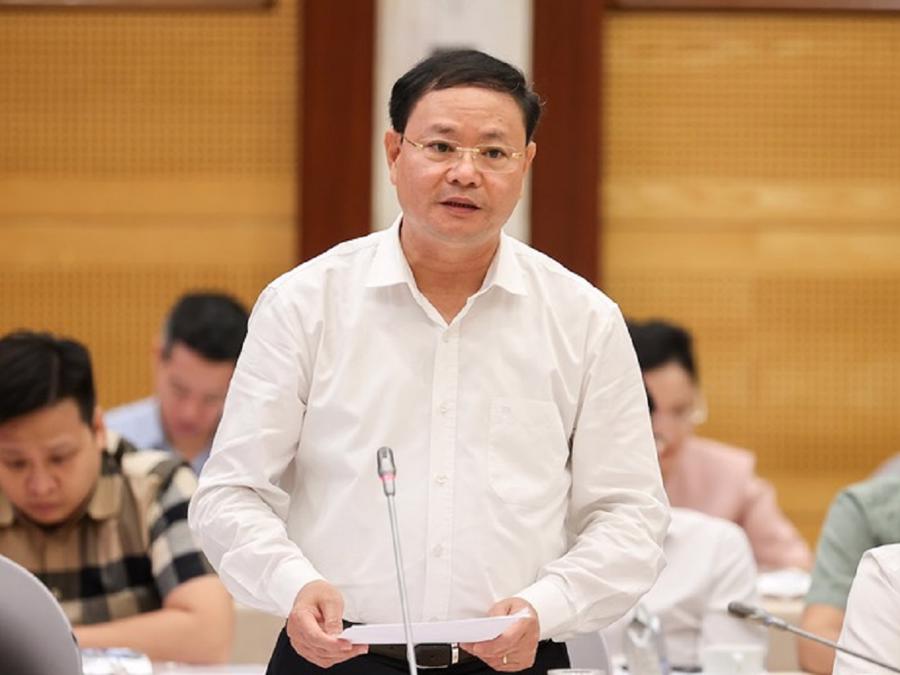
Even before receiving the Prime Minister’s dispatch, the Ministry of Natural Resources and Environment had proactively formed an inspection team in collaboration with the People’s Committee of Hanoi. They conducted a review and evaluation of the land auctions and followed the Prime Minister’s directives.
Initial findings indicate that local authorities have taken steps to tightly control the auctioning of land use rights before organizing the auctions. This includes forming supervisory organizations and deploying security forces to maintain order during the auctions. Following the auction results and media coverage, the authorities have proactively directed a review of transactions in the area, especially for the auctioned land plots.
“The inspection team’s assessment confirmed that the winning bids were indeed significantly higher than the starting prices,” said Deputy Minister Le Minh Ngan, as he provided initial explanations for this situation.
Firstly, there is an overall upward trend in the recovering real estate market, with a healthy growth in transaction prices in both the primary and secondary markets since the beginning of 2024. This is especially true for real estate with clear legal status and well-invested technical infrastructure in areas with important transportation infrastructure developments, such as Hoai Duc and Thanh Oai districts, which attract both homebuyers and investors.
Secondly, the land use rights auctions took place during a transitional period between the Land Law of 2013 expiring and the Land Law of 2024 coming into force, as well as between the Law on Real Estate Business of 2014 and the Law on Real Estate Business of 2023. As a result, the auction process was subject to a shift from the old legal framework to the new one, which includes determining land prices as the starting point for land use rights auctions.
Deputy Minister Le Minh Ngan shared that the Prime Minister has instructed the Ministry of Natural Resources and Environment to work with the Ministry of Justice, the Ministry of Finance, the Ministry of Construction, and the People’s Committee of Hanoi to identify the most specific causes. The Ministry of Natural Resources and Environment has sent documents to the relevant agencies to obtain further information and will hold meetings to ensure a multi-dimensional assessment, taking into account the perspectives and regulations of multiple agencies. This comprehensive approach will help identify the root causes and propose effective solutions.
“If the evaluation reveals that the causes are due to flaws in the policies and have a universal impact on land use rights auctions nationwide, we will propose amendments, supplements, or adjustments to the relevant legal documents,” emphasized Deputy Minister Le Minh Ngan.
However, if the issue is not due to policy flaws but rather implementation problems, the Ministry of Natural Resources and Environment will propose and advise local authorities to thoroughly review and evaluate auction plans, land price determination, and auction organization to ensure compliance with legal regulations and maintain stability in land auctions.
Sure, I can assist with that.
“Minister of Natural Resources and Environment, Do Duc Duy: ‘The 2024 Land Law will contribute to the perfection of the institution.’”
The new Land Law of 2024, as shared by Minister of Natural Resources and Environment Do Duc Duy, will introduce groundbreaking changes. These innovative provisions will significantly impact people’s lives, marking a pivotal step towards the government’s goal of reforming and perfecting the nation’s institutions and policies.
“Unlocking the Potential: How a 50m2 Subdivision Minimum Can Boost Hanoi’s Land Values”
The proposed increase in the minimum lot size for subdivision in Hanoi from 30m2 to 50m2 is a strategic move to curb illegal land division and protect the city’s master plan. While this proposal aims to maintain the city’s structural integrity, it has sparked debates about a potential rise in land prices. This critical decision requires careful consideration to balance the city’s development and the potential impact on the real estate market.
Will the Wave of Investment in Western Southern Land Return?
It is challenging to see a significant wave of investment in land in the Southwest region. Any potential investment would likely come from the dynamic Southeast region, which boasts a vibrant ecosystem of sea ports, airports, and industrial parks, making it a more attractive prospect for investors, according to economic expert Dr. Dinh The Hien.


